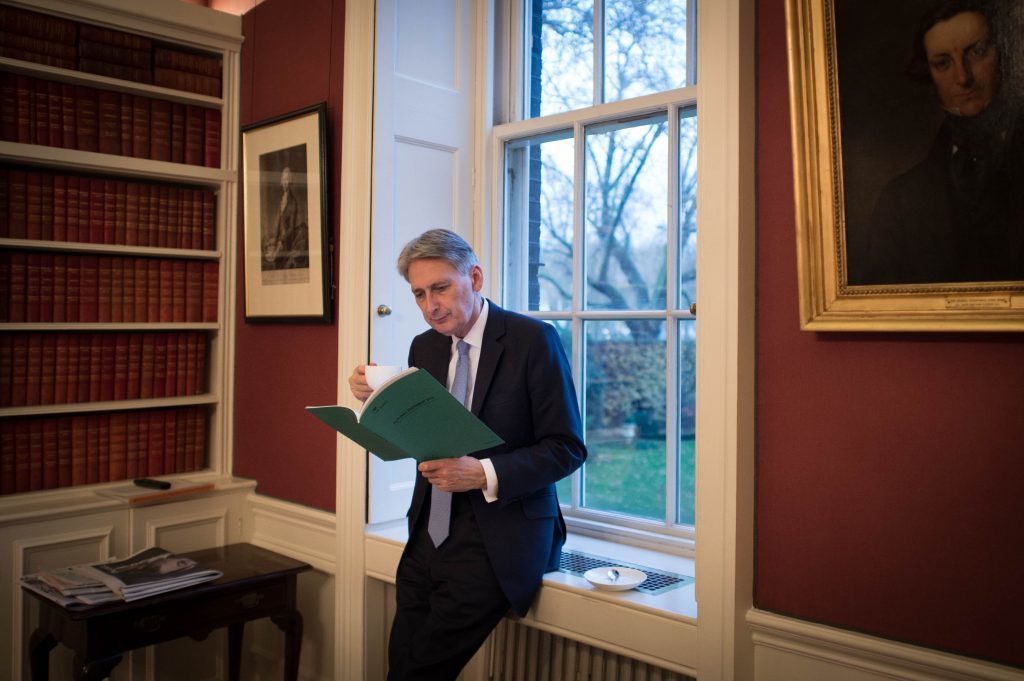
Philip Hammond has warned that the UK economy will have to strike out in a “different direction” if the Government is unable to agree a Brexit deal with Brussels.
On the eve of today’s Budget, the chancellor said he would have to tear up his plans and issue a new budget if Britain leaves the EU in March without an agreement in place.
Despite Theresa May’s promise at the Conservative Party conference that the era of austerity was ending, Mr Hammond played down prospects of a giveaway when he makes his speech in the Commons today.
He said detailed departmental allocations would have to wait until the spending review next year, by which time the outcome of Brexit talks should be clear.
Shadow chancellor John McDonnell said he was “shocked” by Mr Hammond’s remarks, which he said showed ministers were preparing to move to a Singapore-style low-tax, low-regulation economy following a no-deal Brexit.
Mr Hammond insisted he remained confident the Government would reach an agreement with Brussels but said they had to be prepared for any eventuality.
“We would need to look at a different strategy and frankly we’d need to have a new budget that set out a different strategy for the future,” he said.
“We would take appropriate fiscal measures to protect the economy, to prepare us for the future and to strike out in a new direction that would ensure that Britain was able to succeed, whatever the circumstances we found ourselves in.”
The chancellor acknowledged such a change would represent a “very big transition” to the way the economy operated.
“If our businesses are no longer able to trade with EU neighbours, if their supply chains are cut off, they will have to find different markets and different ways of doing business,” he said.
“The economy will change. It will have to restructure itself over a period of time and that will be a fairly major transition.”
Mr McDonnell said: “Basically he seems to have accepted a no-deal Brexit and he does want us to be like Singapore, a tax haven, which will undermine our manufacturing base and, I think, put people’s living standards at risk.”
With Tory MPs getting restive on the impact of the roll-out of Universal Credit on low-income families, Mr Hammond signalled he was ready to provide support to ease the transition.
“If we find cliff edges and difficulties, frictions in the move from the old benefits system to Universal Credit, then of course we will always try to smooth those out,” he said.
He will also set out plans for a £28.8 billion national roads fund for major routes, with £420 million more for local pothole repairs.
He is also expected to find extra cash for defence, social care and an extension of superfast broadband to remote areas, as well as a temporary cut in business rates for small firms.
Recommended for you
